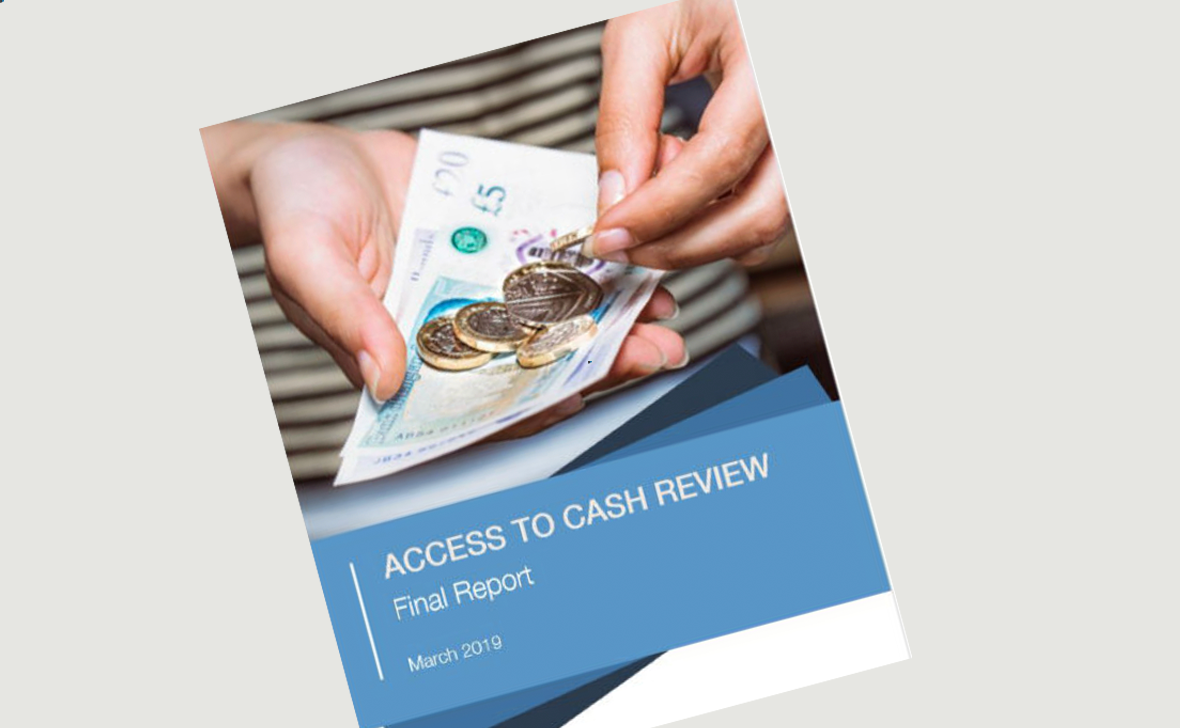Is Britain ready to become a cashless society?

Imagine a world where you walk into a coffee shop clutching a £10 note, only to be told you can only pay by card.
Then you walk down what’s left of the High Street only to be told your notes and coins are no good in the newsagent, pharmacy and even the local pub.
This may seem like a dystopian vision of a distant future society to many, but it is the direction we are heading – and fast, according to a hard-hitting report on the demise of cash in the UK.
The wide-ranging Access to Cash Review – Final Report reveals that cash now accounts for just three in every 10 transactions, a dramatic fall from six in every 10 a decade ago.
At this rate, we would stop using cash altogether by 2026. However, the report, which received input from an array of big-name financial experts, including former chief financial ombudsman Natalie Ceeney, the use of cash will continue, albeit for just one in 10 transactions in 15 years’ time.
But is Britain ready to become a cashless society? No, is the report’s decisive conclusion.
It claims 17% of the population – or 8 million people, many of whom are the country’s poorest – would struggle to cope in a world without cash.
The report draws heavily on the experience of Sweden, the world’s most cashless society, to outline the dangers of wandering, unprepared, into a world free of notes and coins.
To make sure those 8 million people are not left behind, the report sets out five ways to ensure cash remains “viable for the foreseeable future”. They are:
- Ensure consumers can get cash where they live and work to avoid so-called ‘cash deserts’
- Take steps to ensure cash is still accepted by retailers and other service providers
- Adopt radical change to our wholesale cash infrastructure
- Make sure digital payments are inclusive for everyone in society
- For the Government to take the lead and develop a clear policy on cash
There is no doubt that one day the UK will be a completely cash-free society. But that is not today. And therefore, this paper is likely to resonate with government, regulators and the financial services sector.
To find out more about its recommendations, click here.
